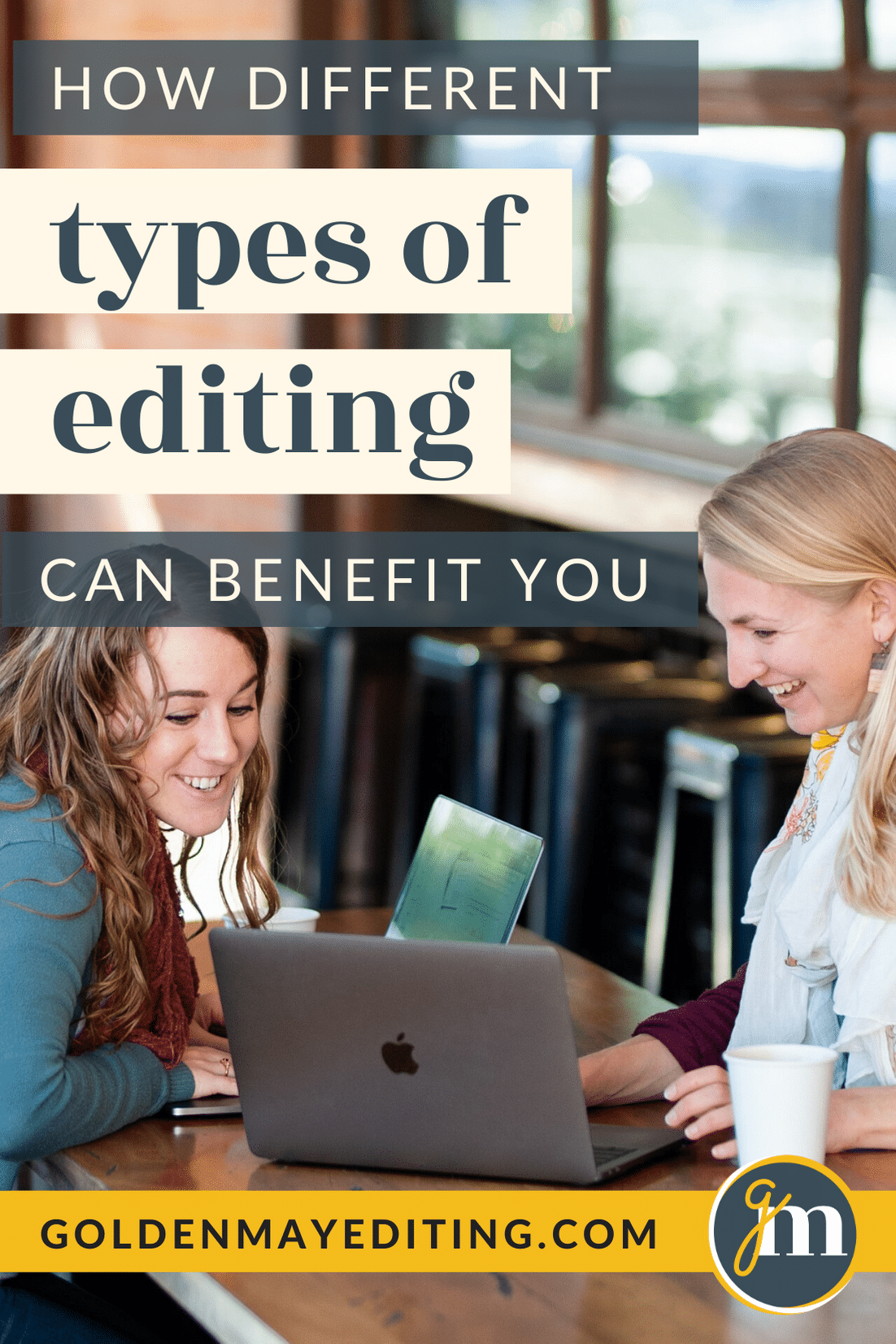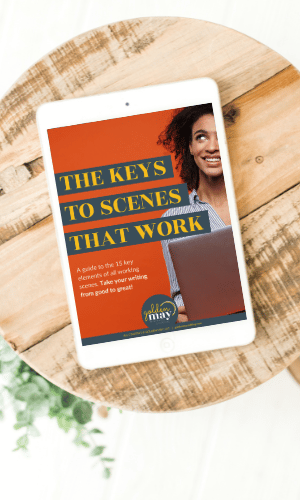Editing, rather than drafting, is usually the hardest and most time-intensive part of writing a book, especially since there are so many stages. Knowing what kind of editing you need, based on where you are in your writing journey, is crucial to saving you time and setting you up for success draft after draft.
Let’s take a look at the most common types of editing and how they can benefit you, listed in the order of which types of editing typically come first.
Revision
Revision takes a look at big picture issues like plot, character arcs, story structure, narrative drive, and more. This evaluation allows you to tackle the story problems in your current draft and address them before you begin to change smaller details.
When you might need to revise:
- If you’ve just finished a draft
- If you’re evaluating whether your story works as a whole or in part
- If you know you need to improve a big picture issue
Line Editing
A line edit is what you might typically think of as “editing.” This process goes line by line through your manuscript and focuses specifically on content, flow of prose, suggestions for sentence structure and word choice, and overall tone or voice. This type of edit considers creative content more than mechanical content (like grammar or punctuation).
When you might need to line edit:
- If you feel confident in your story as a whole and are ready to clean it up
- If you want to work with a professional to evaluate the flow of prose
- If you’re getting ready to submit your manuscript to agents
Copy Editing
Copy editing is a review of mechanical content such as grammar, spelling, punctuation, story coherence, and transitions. It focuses on small details and is much more granular than a developmental edit or revision.
When you might need to copy edit:
- If you’re confident in everything but the mechanical conventions
- If you’ve worked with a developmental editor already and have completed revisions
- If you’re preparing to self-publish
Proofreading
Proofreading is usually the final stage in editing. It’s a review of minor typographical errors and formatting errors to catch things that a copy editor might have missed and confirm that a manuscript is ready for publishing.
When you might need to proofread:
- If you’ve already done multiple rounds of copy editing
- If you’re preparing to self-publish
- If you want to polish your mostly-finished manuscript
Paid Services
All of the above can be done via paid service or by yourself. If you’re looking specifically for professional support, the below services can provide you with high quality, actionable feedback and external support—helping you take your edits to the next level.
Developmental Editing
A developmental edit is a revision planning service offered by a professional editor or book coach. An editor or coach will review a full draft review of big picture issues (like plot, character arcs, story structure, narrative drive, etc.) to tell you what revisions are needed. Developmental edits typically come with a summary feedback letter as well as in-line notes throughout the manuscript with specific feedback.
When you might hire a developmental editor:
- If you feel confident in your story’s structure and want detailed scene-level feedback
- If you want to work with a professional to start your revisions on the right foot
- If you’re querying or submitting your story but not getting any traction
Book Coaching
While editors provide feedback at specific points in your writing journey, a book coach is with you along the way. A book coach is your personal writing teacher and champion. Book coaches will support you regularly, usually on a week-by-week basis, with specialized guidance to help you hone your craft and hold you accountable to get your work finished. While book coaches focus on your story’s development, they typically provide multiple types of editing services.
When you might hire a book coach:
- If you want to learn how to write from a personal coach
- If you have an amazing idea but you don’t know where to start
- If you’re starting a new draft
- If you’re in the middle of a draft but you’ve lost momentum
There’s typically a flow to the different types of editing. For example, it is a waste of your time to do (or pay for) copy editing if you haven’t revised your draft. It makes much more sense to spend time, effort, and potentially money honing the bones of your story before reviewing details like grammar and punctuation.
Now that you know which type of editing will fit your needs, you’re prepared to make improvements and get your story where you want it to be!








Leave A Comment